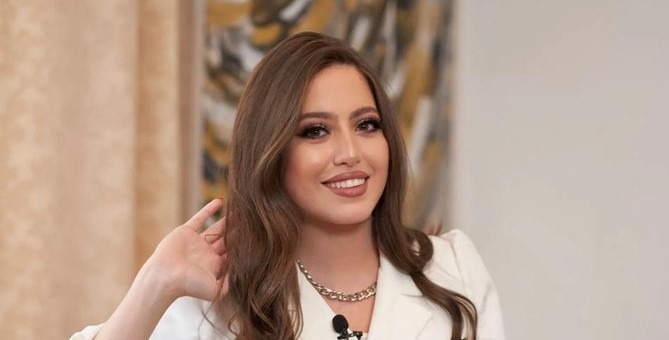In the rapidly evolving landscape of the Middle East media industry, Arab women are challenging stereotypes and breaking barriers to establish themselves as prominent figures. Their journey from underrepresentation to positions of leadership is a testament to their determination, resilience, and the changing dynamics of the media landscape.A Promising Dawn in Arab MediaSamar Al-Mizari, a Palestinian journalist and producer at Al-Arabiya in Dubai, represents a generation of Arab women who are making a significant impact in the media sector. She emphasizes that the increasing number of women pursuing careers in media is a promising sign for the industry’s future. In her academic years at the American University in Dubai, Al-Mizari observed a higher female enrollment in media classes, which indicates that Arab women are poised to shape the media landscape.Unity in Diversity: Arab Women Leading the ChargeAl-Mizari’s experience in a diverse classroom, including students from various Arab countries, highlights the collaborative spirit and dedication of young Arab women in honing their talents. Together, they put in the hard work required to prepare press materials, leveraging their diverse backgrounds.
Their shared ambition and dedication made the learning experience more enriching.Challenging Stereotypes and Gender BiasDespite the progress made by Arab women in the media industry, gender inequalities persist in media ownership, production, and decision-making positions on a global scale. Women remain underrepresented, and media content often leans toward male dominance. UN Women’s 20-year study revealed that women constituted only 24 percent of subjects featured in news media as of 2015. Similarly, a 2020 Reuters Institute fact sheet noted that just 23 percent of top editors in major news outlets worldwide were women.Efforts are underway to address this gender imbalance and ensure proper representation of women in both media production and content. Arab women like Al-Mizari emphasize the importance of Arab women being the ones to document and explain the experiences of their counterparts, as they are uniquely qualified for the task.
Overcoming Obstacles: Arab Women’s ResilienceArab women have overcome various obstacles to establish themselves in traditionally male-dominated industries. Education and training have evolved to accommodate women’s aspirations in journalism and media. Reem Hambazaza, a Saudi journalist, acknowledges the transformation in media and journalism courses in recent years, allowing women to thrive in a constantly changing profession. Saudi Vision 2030 is expected to further empower women in media roles.The Role of Social MediaThe advent of social media has significantly accelerated the progress of Arab women in the media industry. It has enabled citizen journalism and microblogging, allowing individuals to showcase their talents and insights.
Figures like Aya Ramadan, a Syrian TV host for Al-Aan in the UAE, transitioned from social media platforms to television, illustrating the industry’s adaptability.Changing Mindsets and Cultural AttitudesWhile progress has been made through education, job opportunities, and social media, cultural attitudes have been slower to shift. Many Arab women still encounter resistance from family members and society. Razan Tariq, a Saudi TV presenter, faced initial opposition from her father when pursuing a media career. However, with time, her father’s perception changed, reflecting the gradual shift in societal attitudes.Empowering Words from LeadershipSaudi Crown Prince Mohammed bin Salman’s supportive stance on women’s empowerment in Saudi Arabia resonates with many aspiring Arab women in the media industry.
His acknowledgment that half of Saudi Arabia’s population comprises women reinforces the importance of women’s roles in the country’s development.Arab women’s remarkable journey in the Middle East media industry is marked by their unwavering determination, dedication, and resilience. As they continue to challenge stereotypes, break gender barriers, and gain representation, they pave the way for a more inclusive and diverse media landscape that authentically portrays the experiences of Arab women.












